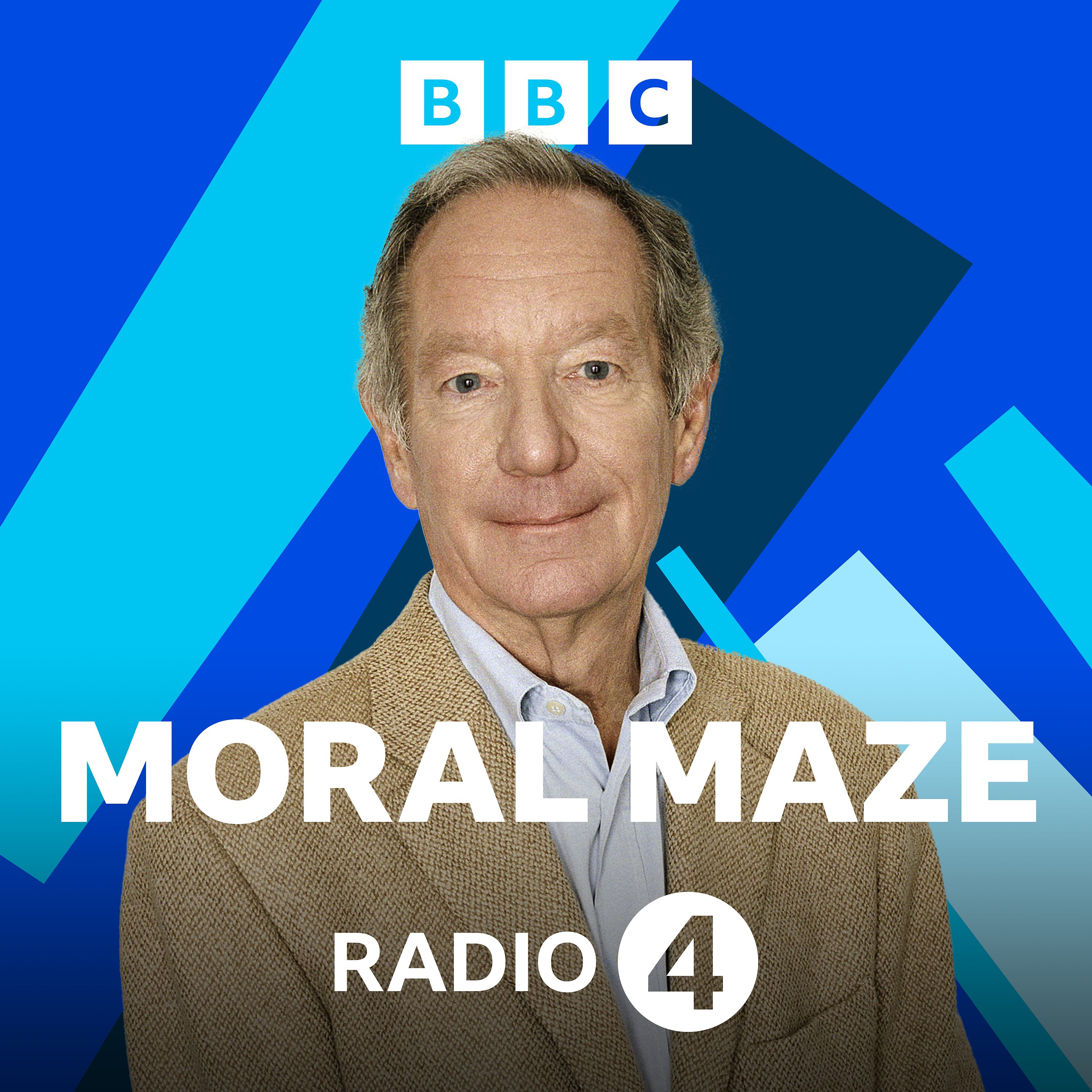- religion
- SEE MORE
- classical
- general
- talk
- News
- Family
- Bürgerfunk
- pop
- Islam
- soul
- jazz
- Comedy
- humor
- wissenschaft
- opera
- baroque
- gesellschaft
- theater
- Local
- alternative
- electro
- rock
- rap
- lifestyle
- Music
- como
- RNE
- ballads
- greek
- Buddhism
- deportes
- christian
- Technology
- piano
- djs
- Dance
- dutch
- flamenco
- social
- hope
- christian rock
- academia
- afrique
- Business
- musique
- ελληνική-μουσική
- World radio
- Zarzuela
- travel
- World
- NFL
- media
- Art
- public
- Sports
- Gospel
- st.
- baptist
- Leisure
- Kids & Family
- musical
- club
- Culture
- Health & Fitness
- True Crime
- Fiction
- children
- Society & Culture
- TV & Film
- gold
- kunst
- música
- gay
- Natural
- a
- francais
- bach
- economics
- kultur
- evangelical
- tech
- Opinion
- Government
- gaming
- College
- technik
- History
- Jesus
- Health
- movies
- radio
- services
- Church
- podcast
- Education
- international
- Transportation
- Other
- kids
- podcasts
- philadelphia
- Noticias
- love
- sport
- Salud
- film
- and
- 4chan
- Disco
- Stories
- fashion
- Arts
- interviews
- hardstyle
- entertainment
- humour
- medieval
- literature
- alma
- Cultura
- video
- TV
- Science
- en
The Morality of the British Empire

b"
Campaigners are calling for an 'empire-neutral' public honour to reward front-line coronavirus workers in the Queen\\u2019s birthday honours list this autumn. It\\u2019s thought that some nominees will refuse to accept the traditional Order of the British Empire (OBE). The Black Lives Matter protests have sharpened the debate about our colonial past. Oxford professor Nigel Biggar has suggested that academics now put their careers at risk if they say anything positive about the British Empire. It\\u2019s an important moment for education, but the issue has become toxic. There\\u2019s general agreement that most British citizens have for too long been ignorant of the dark and shameful parts of their history. But was the Empire, as many passionately contest, predominantly a system of racism, slavery and exploitation? Other historians - while not disputing the violence and cruelty that disfigured the imperial project - point to the advances in health, education, the rule of law and economic prosperity that it brought to many parts of the world. How should we weigh up the transgressions and the triumphs of the past? Is it helpful to mark the Empire on a moral balance sheet with \\u2018shame\\u2019 and \\u2018pride\\u2019 columns? Does the obsession with viewing Britain\\u2019s history as either glorious or heinous stoke present-day hostility between identity groups? Or, since many British citizens are children of empire and their ancestry is woven into our collective tapestry, should we all focus instead on learning more about our shared past, warts and all? With Professor Nigel Biggar, Dr Nadine El-Enany, Janan Ganesh and Professor Alan Lester.
Producer: Dan Tierney.
"